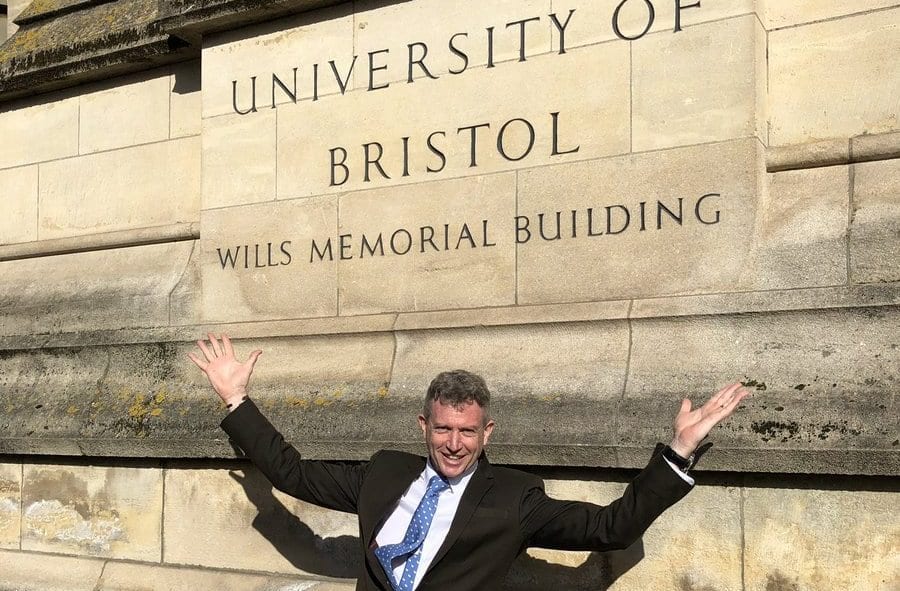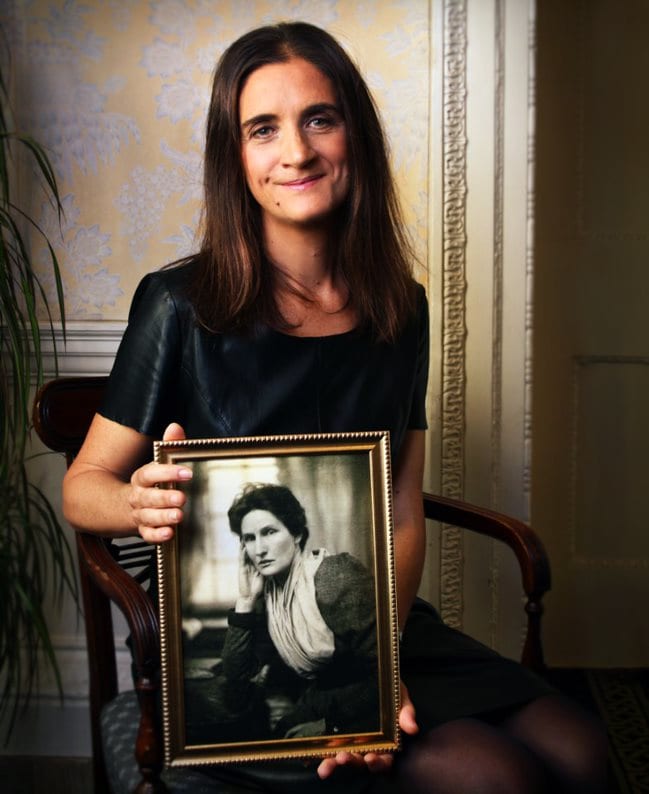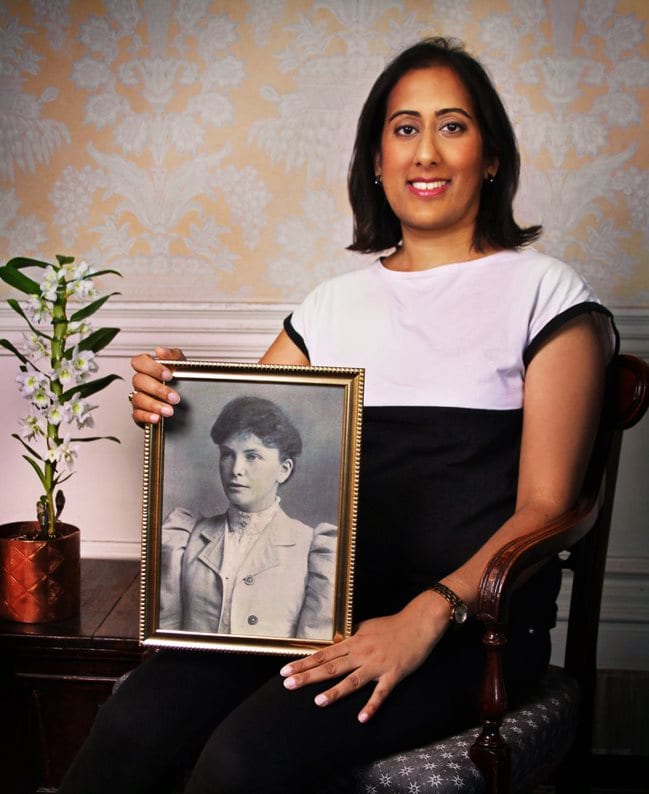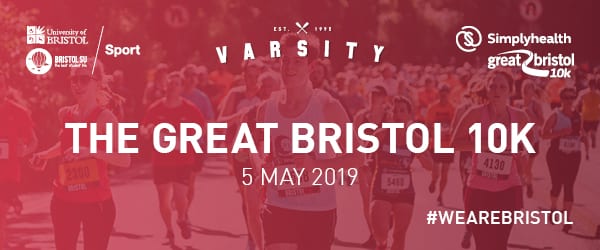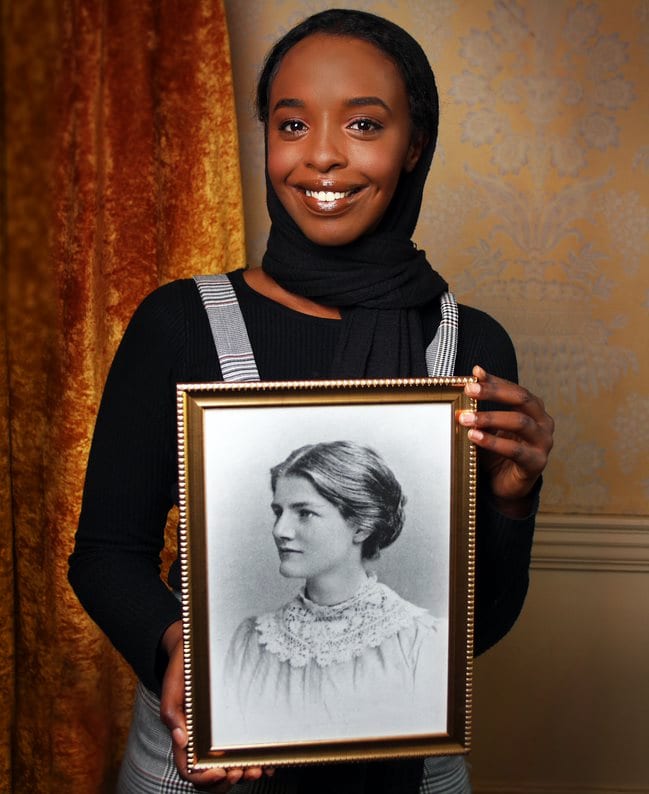Children’s author, Gruffalo creator, former Children’s Laureate and Bristol graduate Dr Julia Donaldson (BA 1970, Hon D Litt 2011) MBE, CBE, has been honoured with the 2019 Alumni Award for Arts and Media.
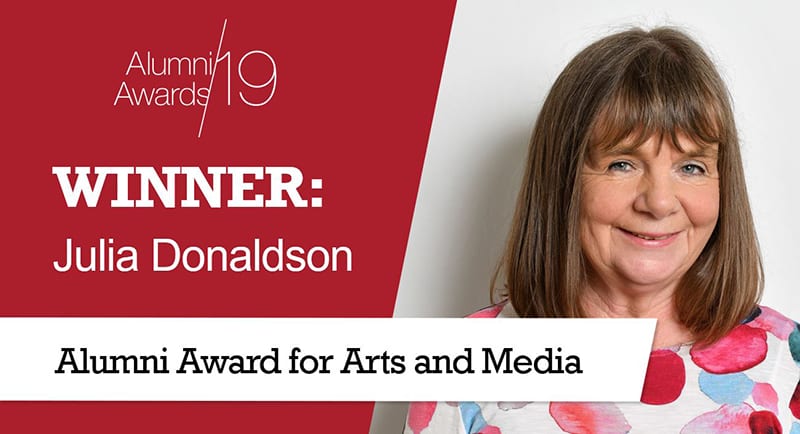
Why Bristol?
Back in 1970 when I was applying to universities, only four in the UK offered Drama, which is what I wanted to study. Of those four, Bristol had the best academic reputation and I liked the fact that the university was in the heart of an attractive city with accessible countryside. I grew up in London and I had to take the tube out a long way just to get to some countryside, so I was enticed by the idea in Bristol you could just walk into the countryside.
Why Drama & French?
I’d always loved acting. Aged 12 I was an understudy for one of the fairies in a production of A Midsummer Night’s Dream at the Old Vic in London. I managed to get on stage to perform and was starstruck by the actors Judi Dench and Tom Courtenay who were part of the cast. I wanted to be an actress but was also quite academic and loved languages, so I decided on a joint degree in Drama and French.
Advice to current students
My advice to students is to work hard but don’t forget to have fun. And enjoy the surroundings – there is proper countryside just across the suspension bridge!
There’s great pleasure to be had in exploring not just the city of Bristol but also its surroundings. I remember some great fungus- foraging in Leigh Woods when I was a student.
Fond memories
Going to university was my first big adventure away from home, and I relished the independent living, especially when I moved out of Hall to a flat in Clifton – I used to like buying bacon ends and bargain vegetables like a proper housewife! I enjoyed the course, especially the plays we put on in the Drama Department and the time in Paris and Avignon as part of the French course. Probably the best part was meeting my husband and also making many friends who have remained friends for 50 years.
Career
At Bristol I acted in a lot of plays put on by the Drama Department and various dramatic societies. In a production of Moliere’s Dom Juan I met Dave Illingworth. He later founded the Bristol Street Theatre, which I joined. The plays we devised turned out to be formative for my future writing career.
In my second year, as part of the French course, I studied in Paris, where I went busking with my future husband (a Bristol medic). This led to my writing songs and performing in folk clubs. It reached the point where I had a body of songs written that I pitched to the BBC, and my children’s books eventually grew out of that.
Alongside the writing, and before starting a family I also had various jobs in publishing, at Radio Bristol, and teaching English in a secondary school. All of these turned out to be useful in my writing career, though I never imagined at the time how the writing would take off.
I remember doing cabaret at student balls, often writing songs to order – like one about teeth for a group of dentists!
Greatest challenge
Back in the early 70s there weren’t so many job opportunities for women. In order to work in publishing you had to be a secretary, whereas men could just walk in to an editor’s job. I remember interviewing for an editor’s job and being told they wouldn’t hire me as I was young and newly married and would just have children!
Career highlights
I love the feeling that I’m part of a chain of verse and stories. As a child I would learn poems off by heart and today I get told by so many parents that their children can recite my stories word for word. Maybe some of those children will one day be writers themselves – the next links in the chain. I also know how special reading to a child at the end of the day can be, and I like the feeling that through my books I am playing some part in that bonding time between parents and children.
I’m delighted to hear of the University’s plans for the new library at the heart of the campus, which will host events and have areas open to the public.



